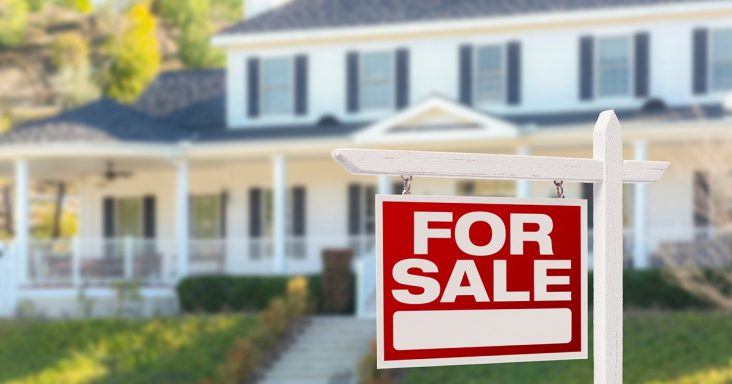‘Red hot’ housing market in Northwest Arkansas struggles with growth; home prices rise, inventory falls
by August 31, 2021 10:00 am 3,928 views

Average home prices in Northwest Arkansas are increasing faster than wages as area home inventories continue to decline, according to a new real estate report. Meanwhile, the low inventory has led residents to lease multifamily housing, resulting in rising rents and falling vacancy rates.
Fayetteville-chartered Arvest Bank on Tuesday (Aug. 31) released Skyline Reports for residential and multifamily real estate markets for Benton and Washington counties for the first half of 2021 that show a “red hot market straining to keep pace with job and population growth trends.” The biannual reports are completed by the Center for Business and Economic Research (CBER) in the Sam M. Walton College of Business at the University of Arkansas.
Average home prices in Northwest Arkansas rose by 16.2% to $306,236 in the first half of 2021, from $263,461 in the same period in 2020, according to the report. Meanwhile, the average multifamily lease has increased by 5.4% to $768.48 monthly, from $729.42 per month. The multifamily vacancy rate has fallen to 3.4% in the first half of 2021, from 5% in the second half of 2020.
Over the past five years, average area home prices have risen by 44.2%, from $212,323. Over the same period, the average multifamily lease has risen by 26.4%, from $608.05 monthly.
Home sales declined by 69 homes, or 1.4%, to 4,757 homes sold in the first half of 2021, from 4,826 in the same period in 2020. The number of complete but unoccupied homes for sale at the end of June was 154, the lowest level since 2012. Meanwhile, the number of homes listed for sale on MLS was 607, the lowest level since 2009, the report shows.
CBER Director Mervin Jebaraj discussed the concern long-term about area housing affordability.
“There are several reasons why the Northwest Arkansas region is ranked so highly in national surveys of the best places to live, and housing affordability is one of the key factors,” he said. “As a region, we need to address the fact that housing costs are rising faster than incomes. The housing market nationwide is experiencing many of these same factors, but in Northwest Arkansas we are seeing these factors reach a very rapid pace. Changing local zoning rules could help address the issue of accelerating land costs which play a significant role in driving higher home prices.

“Looking at the pipeline of future housing, it’s good to see a significant increase in building permits issued, but the supply of available lots for new home construction is at its lowest level since we began measuring this in the Skyline Report in 2005,” Jebaraj added. “For those who cannot find a home suitable for their specific situation to buy, they are moving into multifamily developments where vacancy rates are at historically low levels even with so many new units entering the market over the past few years.”
In the first half of 2021, $204.5 million of multifamily building permits were issued, down from $324.1 million in the second half of 2020. The largest project in the first half of 2021 was City U in Bentonville, and it had 25 permits valued at $54.32 million, according to the report.
The number of new home building permits issued increased by 39% to 2,704 in the first half of 2021, from 1,945 in the same period last year. Over the past five years, the supply of lots for new construction has fallen by 62.9% to 17.1 months, from 46.1 months.
“The housing market in Northwest Arkansas has certainly been moving at a brisk pace, especially with the average time on market for a home dipping below 90 days,” said Chris Thornton, loan manager with Arvest Bank of Springdale. “It has required quick action from our mortgage lenders to get customers into homes. We are also working and consulting with real estate developers to get more new homes into the market, and that is reflected in the higher number of building permits being issued in the first half of the year. In the coming months, we will continue to work with our retail customers buying homes and with developers in getting new residential and multifamily developments into the market so the region can meet the housing needs of our growing region.”
Over the past decade, the population of Northwest Arkansas has risen faster than any other metro area in the state. It increased by 24.2% from 440,121 in 2010, to 546,725 in 2020.
